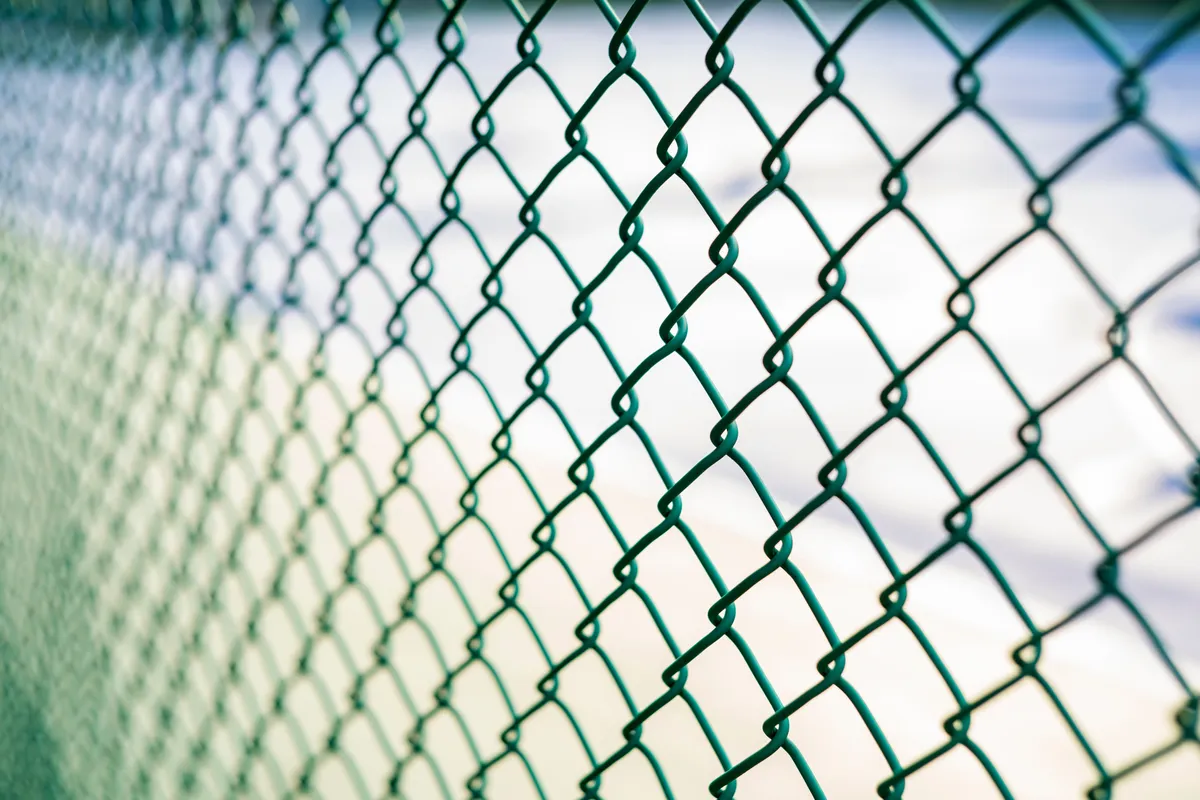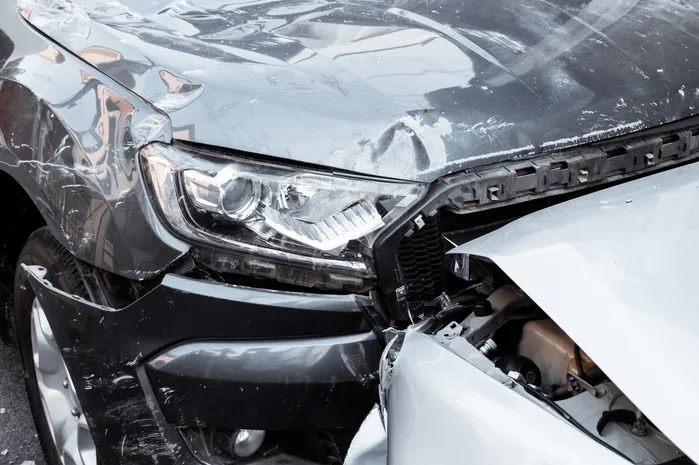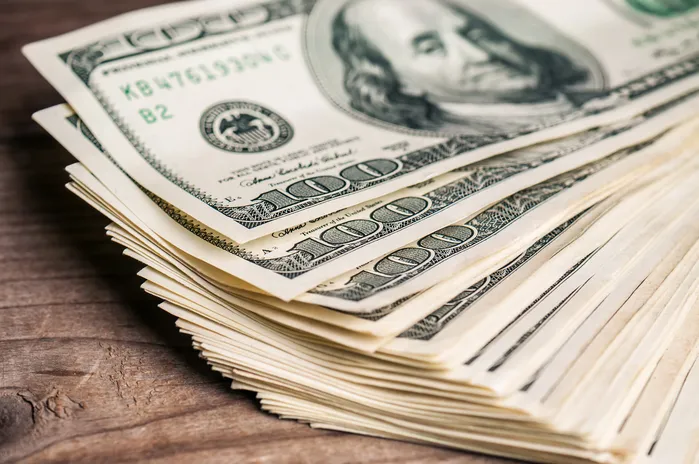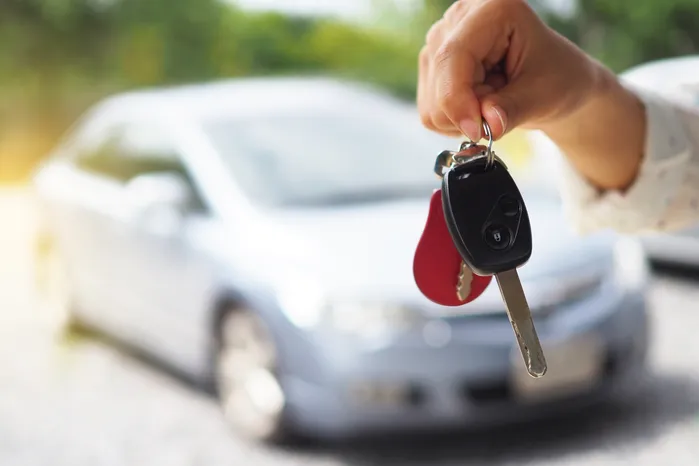5 min read time
Table of Contents

What Is Nevada's Premises Liability Law
Nevada's premises liability law is a tort law that holds property owners and occupiers legally responsible for any injuries or damages a person may sustain on their property due to dangerous conditions.
The legal base for Nevada premises liability cases can be found in NRS 41.130, which states:
"Whenever any person shall suffer personal injury by wrongful act, neglect or default of another, the person causing the injury is liable to the person injured for damages"
Common causes of premises liability lawsuits include slips and falls, inadequate maintenance, and negligent security.
Duty of Care in Premises Liability Cases
Under Nevada's premises liability law, whether a person is entitled to compensation and what amount of duty of care the property owner owes them depends on their status.
The legal status of visitors outlined in premises liability laws includes:
- Invitees (Customer in a store): Invitees are owed the highest duty of care, meaning property owners must prioritize finding dangers and fixing or warning of them.
- Licensees (Social guests): People who enter the property for their own purposes or gain are owed a moderate duty of care by the property owner.
- Trespassers: Typically, trespassers are not given any duty of care; however, there are exceptions.
Where Does Nevada's Premises Liability Law Apply
Nevada's premises liability law applies to almost all types of public and private properties where a person could sustain injuries due to hazardous conditions.
Commercial Properties
Grocery stores, shopping malls, restaurants, hotels, casinos, and office buildings often owe guests the highest duty of care.
Residential Properties
Landlords, homeowners, and other residential property owners can be liable for a dangerous condition on their property, which could include hazards on community swimming pools, front yards, or any other area enclosed in their property.
Government Properties
Public places like parks or sidewalks are subject to premises liability laws.
Victims whose accident occurred in a public area may be able to receive compensation by filing a premises liability claim against the responsible government entity.
Recreational and Event Venues
Property owners who host events that invite the public, such as sports games, theater performances, amusement parks, or concerts, have a duty of care to all the guests to ensure proper maintenance, security, and the removal of any hazardous conditions.
Construction Sites
Construction sites must not only follow OSHA laws to keep workers safe but also protect the general public by fencing off dangerous work zones, putting up proper signage, and keeping the surrounding area clear of debris.
How to Prove Negligence in a Premises Liability Lawsuit
Even if you know a property owner acted negligently, you must prove it in order to obtain compensation from your premises liability case.
To prove negligence in a premises liability case, you must establish the four elements of negligence, which include:
- Duty of Care: You must show that the property owner owed you a legal duty to keep the property safe. The level of duty of care the property owner owes you will depend on your legal status (invitee, licensee, or trespasser).
- Breach of Duty: After establishing that the property owner owed you a duty of care, you now must prove that the property or business owner failed to maintain it by showing that a hazardous condition, such as wet flooring or broken steps, was not properly handled.
- Causation: A direct link between your injuries and the dangerous condition must be made, meaning you must prove that the dangerous condition caused your injuries.
- Damages: In the final stage of proving negligence, you must prove the damages you suffered from the accident. These damages include medical expenses, lost wages, and pain and suffering.
Establishing the four elements of negligence can be difficult in personal injury claims, which is why you should enlist the help of a Las Vegas premises liability lawyer by calling (702) 566-3600 for a free consultation.
What's the Difference Between Personal Liability and Premises Liability?
While in a legal context, premises liability is a subset of personal liability, they both have a few key differences, which are important to know for understanding premises liability laws and insurance policies.
Personal Liability
Personal liability is a broad term that refers to an individual's liability for causing harm to another person or damage to their property.
Acts of personal liability can include:
- Car accidents
- Dog bites
- Assaults
Premises Liability
Premises liability refers specifically to the legal responsibility a property owner holds when an injury occurs on their property due to an unsafe environment or hazard.
Premises liability can stem from multiple types of incidents, such as:
- Swimming pool accidents
- Slip and fall accidents
- Parking lot accidents
How Long Do You Have to File a Premises Liability Claim in Nevada
Under the Nevada statute of limitations (NRS 11.190), you have two years from the date of the incident to file a premises liability claim.
Failure to file a claim within the statute of limitations could result in your premises liability case being dismissed and your right to compensation lost.
However, there are exceptions to the statute of limitations, so it's recommended to speak with a Nevada premises liability attorney to learn if they apply to your case.
Does Nevada's Premises Liability Rule Apply If the Victim Was Trespassing?
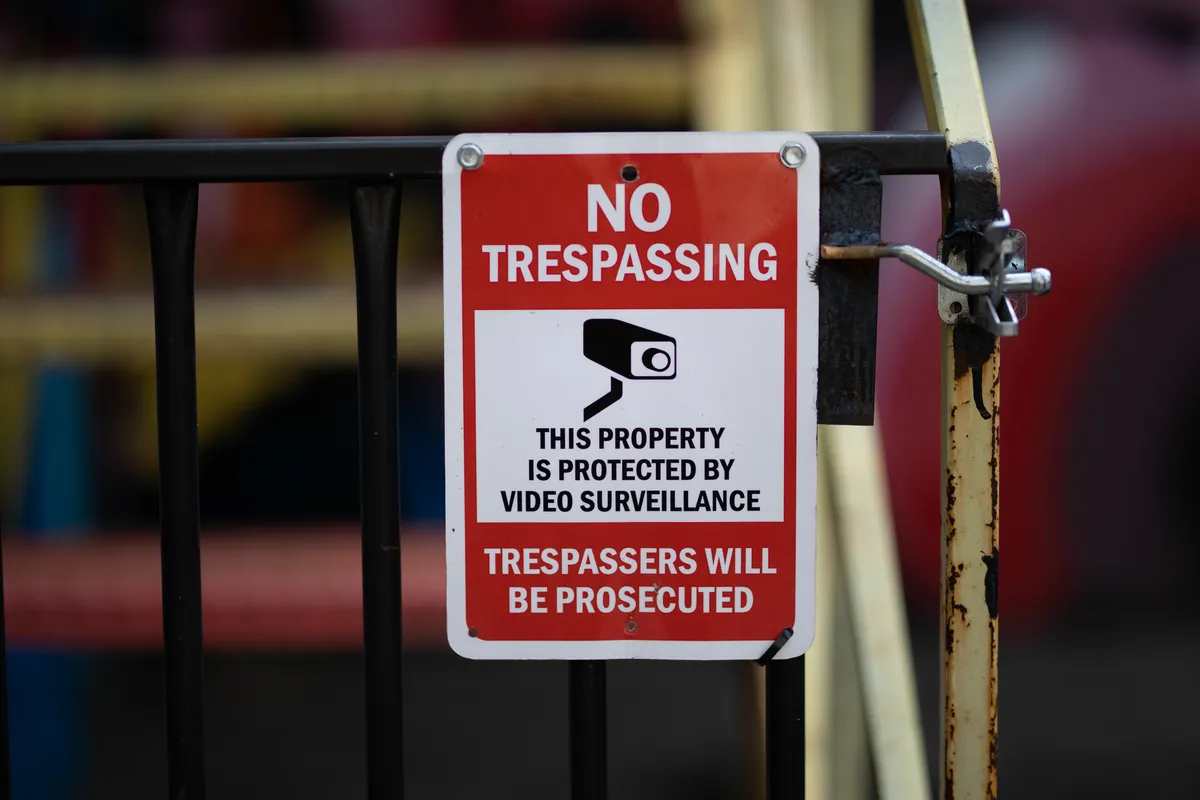
Under Nevada state law, premises liability rules still apply to trespassers but only under certain exceptions, as the duty of care a property owner owes a trespasser is significantly reduced.
Under NRS 41.515, Nevada law states that a property owner is not liable for injuries sustained by a trespasser on their property unless:
- The injury to the trespasser was willful or wanton, such as setting traps or using excessive force.
- The property owner reasonably knew of the risk of trespassers and failed to address it.
How Do Premises Liability Laws Apply to Child Trespassers
Under the attractive nuisance doctrine, a property owner can be held liable for injuries suffered by a child trespasser if:
- Potential hazards on the property were likely to attract children
- The property owner failed to secure the area properly
- The child is too young to understand the risks
Comparative Negligence in Premises Liability Cases
Nevada follows a modified comparative negligence rule, which is outlined under NRS 41.141, which states:
In any action to recover damages for death or injury to persons or for injury to property in which comparative negligence is asserted as a defense, the comparative negligence of the plaintiff or the plaintiff’s decedent does not bar a recovery if that negligence was not greater than the negligence or gross negligence of the parties to the action against whom recovery is sought.
In the case of premises liability claims, an injured party can obtain compensation as long as they are 50% or less at-fault for the accident; however, their percentage of fault will determine how much their compensation will be reduced.
Obtain the Compensation You're Entitled To
Contact Us Today
Rodney Okano Car Accident Lawyer is a Las Vegas personal injury law firm with over 20 years of experience helping clients obtain maximum compensation following injuries from accidents such as car crashes, worksite injuries, and slips and falls. Over those years, The Rodney Okano Car Accident Lawyer Law Firm has become an experienced law firm that can ensure exceptional results for any of its clients.

